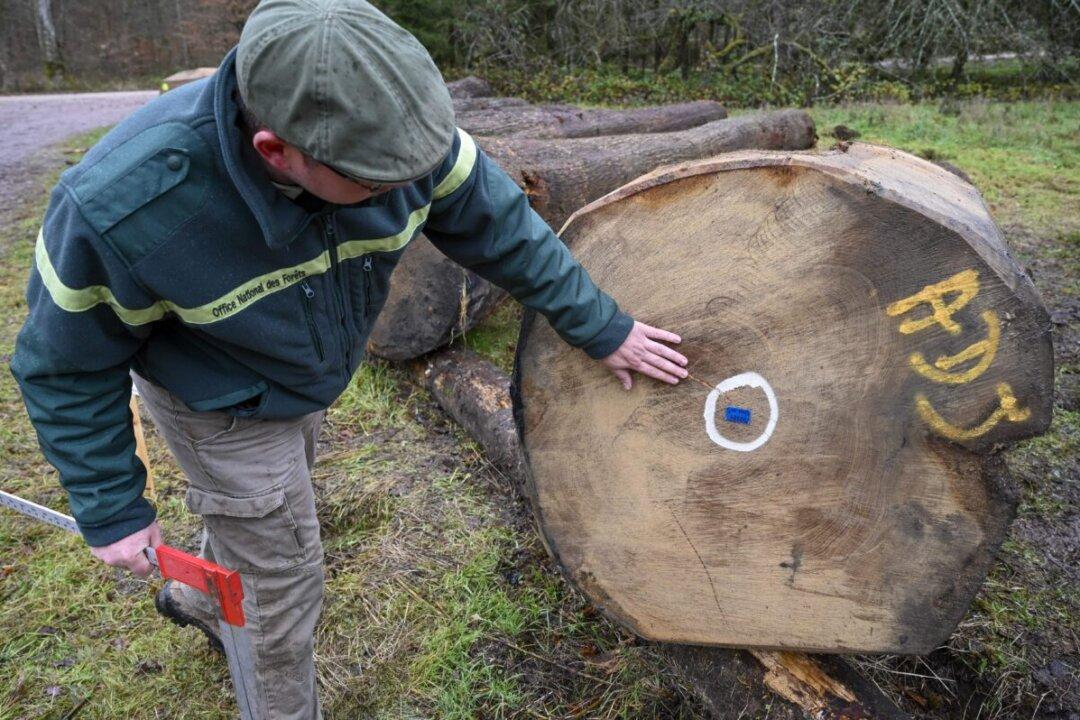China’s recent years of dramatically purchasing log material have caused a survival crisis in the wood processing industries in many countries. French wood manufacturers have launched a petition calling on the EU to restrict the exportation of log material.
“It’s time to wake up to the fact that European sawmills are now facing closures and liquidation if nothing is done to stop the hemorrhage that is taking place before our eyes,” states the “Stop Log Exports” petition, launched by French wood manufacturers.






